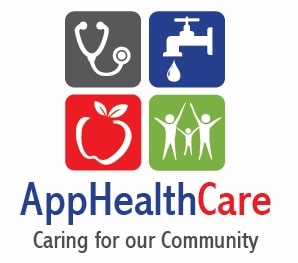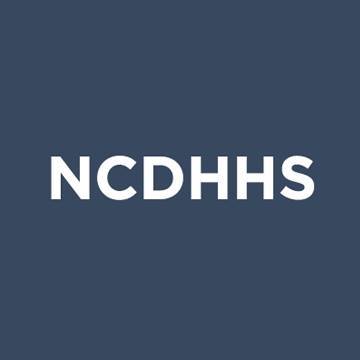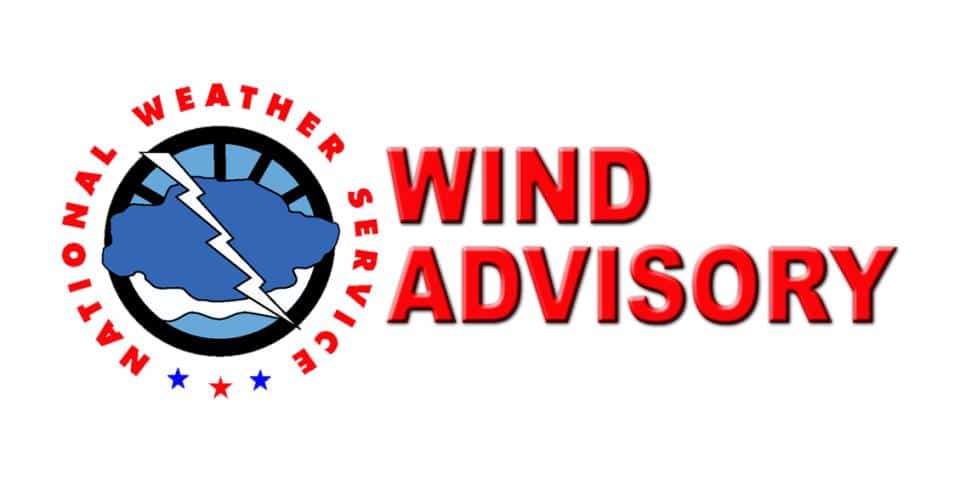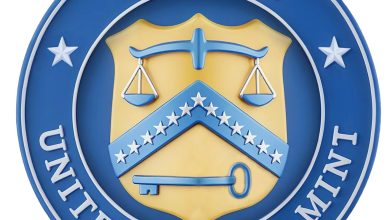
Last Updated on February 12, 2022 6:42 pm
Boone, NC – As we see more cases of COVID-19 (novel coronavirus) in North Carolina and as COVID-19 is now a pandemic by the World Health Organization, AppHealthCare is continuing to regularly engage with local and state partners to plan, monitor and respond to this situation. This situation is evolving quickly and it is likely we will see more cases in NC in the coming days and weeks.
At this time, there is no positive case of COVID-19 (novel coronavirus) in Watauga County. Should this change, we will be notifying the public of a positive case.
“We encourage people to share credible and reliable information about COVID-19 (novel coronavirus) and know that if a confirmed case is determined, we will be working to make the public aware. We are continuing to encourage people to practice prevention measures like frequent handwashing, staying home when you’re sick, and keeping distance from others who are sick,” stated Jennifer Greene, Health Director, AppHealthCare.
Since we know that questions are continuing to increase about
COVID-19 (novel coronavirus) concerns, we encourage the public to call
us if they have questions, or to contact their local provider if they
are ill and believe they may need treatment.
“Now is not the time to visit the hospital emergency room unless there
is a true medical emergency. We need to preserve our local hospital
capacity to respond throughout this event to meet the various healthcare
needs that require urgent action in our community,” said Greene.
Please be aware that you may hear about people who have been instructed by their healthcare provider to self-isolate since they have been tested for COVID-19 (novel coronavirus). This does not mean that they have tested positive, it means that they are being guided to stay home until a test result is provided. This is a standard procedure for managing public health outbreaks. AppHealthCare is available and on-call 24/7 to respond to public health emergencies. To reach us, call (828) 264-4995 anytime and follow the prompts.
COVID-19 (novel coronavirus) is a new virus that causes respiratory illness. Signs and symptoms include fever, cough and shortness of breath. If you develop a fever, symptoms of respiratory illness or think you may have COVID-19, please call your healthcare provider. Call ahead before you go to a doctor’s office or emergency room. Tell them about your symptoms so they can be prepared.
Those at higher risk for severe illness include:
-Adults over the age of 65
-Underlying health conditions like heart disease, lung disease or diabetes
-Weakened immune systems.
On March 12th, Governor Cooper and NC DHHS issued new recommendations for all people in NC to prevent and reduce the spread of infection. The recommendations are effective for the next 30 days and then will be re-assessed (link to recommendations here).
The recommendations include:
1. SYMPTOMATIC PERSONS
If you need medical care and have been diagnosed with COVID-19 or
suspect you might have COVID-19, call ahead and tell your health care
provider you have or may have COVID-19. This will allow them to take
steps to keep other people from getting exposed. NC DHHS recommends that
persons experiencing fever and cough should stay at home and not go out
until their symptoms have completely resolved.
2. HIGH RISK PERSONS WITHOUT SYMPTOMS
NC DHHS recommends that people at high risk of severe illness from
COVID-19 should stay at home to the extent possible to decrease the
chance of infection.
People at high risk include people:
Over 65 years of age, or
with underlying health conditions including heart disease, lung disease, or diabetes, or
with weakened immune systems.
3. CONGREGATE LIVING FACILITIES
NC DHHS recommends that all facilities that serve as residential
establishments for high risk persons described above should restrict
visitors. Exceptions should include end of life care or other emergent
situations determined by the facility to necessitate a visit. If
visitation is allowed, the visitor should be screened and restricted if
they have a respiratory illness or potential exposure to COVID-19.
Facilities are encouraged to implement social distancing measures and
perform temperature and respiratory symptom screening of residents and
staff. These establishments include settings such as nursing homes,
independent and assisted living facilities, correction facilities, and
facilities that care for medically vulnerable children.
4. SCHOOLS
We do not recommend pre-emptive school closure at this time but do
recommend that schools and childcare centers cancel or reduce large
events and gatherings (e.g., assemblies) and field trips, limit
inter-school interactions, and consider distance or e-learning in some
settings. Students at high risk should implement individual plans for
distance or e-learning. School dismissals may be necessary when staff or
student absenteeism impacts the ability to remain open. Short-term
closures may also be necessary to facilitate public health investigation
and/or cleaning if a case is diagnosed in a student or staff member.
5. WORKPLACE
NC DHHS recommends that employers and employees use teleworking
technologies to the greatest extent possible, stagger work schedules,
and consider canceling non-essential travel. Workplaces should hold
larger meetings virtually, to the extent possible. Additionally,
employers should arrange the workspace to optimize distance between
employees, ideally at least six feet apart. Employers should urge high
risk employees to stay home and urge employees to stay home when they
are sick and maximize flexibility in sick leave benefits.
6. MASS GATHERINGS, COMMUNITY, AND SOCIAL EVENTS
NC DHHS recommends that organizers of events that draw more than 100
people should cancel, postpone, modify these events or offer online
streaming services. These events include large gatherings where people
are in close contact (less than 6 feet), for example concerts,
conferences, sporting events, faith-based events and other large
gatherings.
7. MASS TRANSIT
Mass transit operators should maximize opportunities for cleaning and
disinfection of frequently touched surfaces. People should avoid using
use mass transit (e.g. buses, trains) while sick.
AppHealthCare is available and on-call 24/7 to respond to public health emergencies. To reach us, call (828) 264-4995 anytime and follow the prompts.
For more information on COVID-19 (novel coronavirus), please visit the Centers for Disease Control & Prevention (CDC) website at cdc.gov/coronavirus. North Carolina resources can be found on the Division of Public Health website at ncdhhs.gov/coronavirus.
A COVID-19 toll free helpline has been set up to answer general, non-emergent questions at 1-866-462-3821. To submit questions online, go to www.ncpoisoncontrol.org and select “chat.”


















